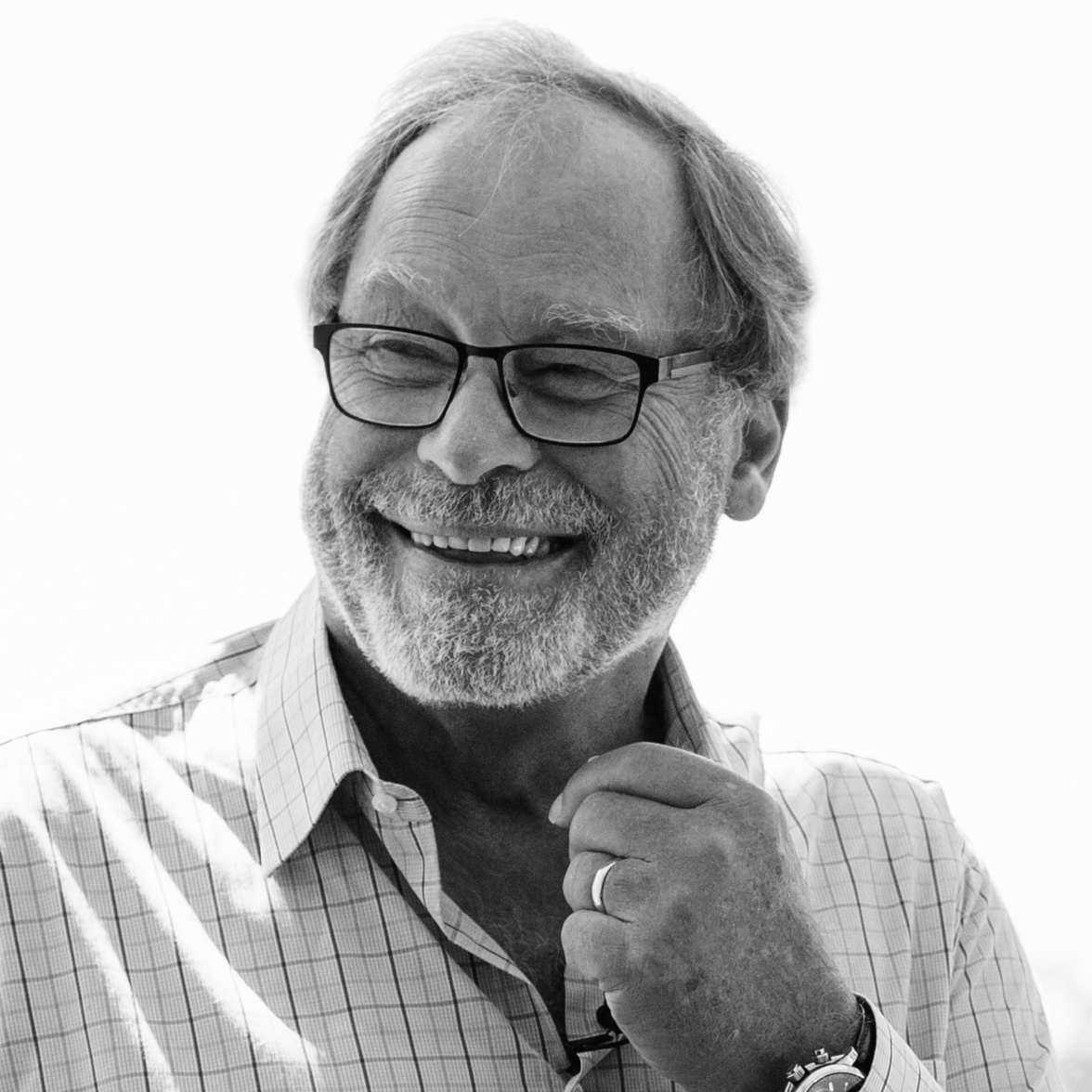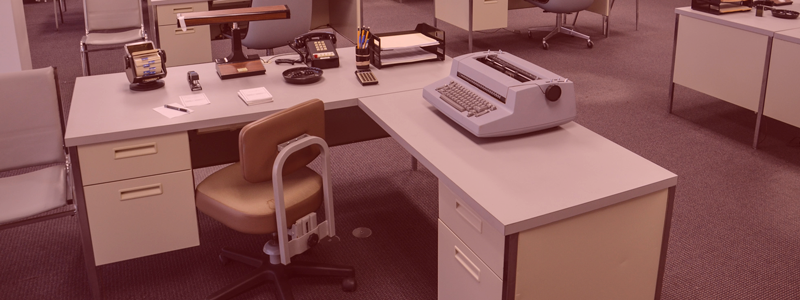In the following article by Maggie Chen, which appeared in the Autumn 2017 edition of the Victorian Chamber of Commerce & Industry Business Excellence magazine, Slade Group Chairman Geoff Slade shares his story and the insights he has developed over decades in business, in an industry he is proud to be a part of.
Geoff Slade began GW Slade & Associates 50 years ago, in a small office in Melbourne’s CBD. Before that, he worked as an assistant HR manager at an oil refinery at Western Point Bay. After almost taking up a job in consulting, at the age of 21, he decided to start his own employment agency in 1967.
His father had doubts, but his mother took a leap of faith and lent him $300 – all the money she had in the bank. It just covered his first month’s rent. “I had to make a placement in the first month; otherwise I couldn’t have paid the second month’s rent,” Slade recalled.
That he did, and for about 21 years, he built the business – by then called Slade Consulting Group – to be, by 1988, “the biggest executive recruitment company in the country”, spanning seven cities in Australia and New Zealand.
A UK-based multinational approached Geoff and bought the business from him. In 1989, he commenced a two-year stint as HR Director at Pacific Dunlop.
When the multinational exited the Australian market a few years later, Slade re-established Slade Group in 1992. This time, as a 43-year old with four kids, he decided he would only have offices in Melbourne and Sydney so that he could spend more time with his children and less on planes.
Starting from scratch again at Slade Group was “great”, he said. Pacific Dunlop, which at one stage had 45,000 employees, retained him as a preferred supplier for over 20 years.
Secrets to longevity
How did Slade manage to build and maintain such a successful recruitment company that has already outlived most businesses?
Building trust is crucial, according to Slade. “Companies don’t build long-term relationships with you unless they perceive you’re doing the right thing by them and they trust you,” he said. “The same goes with candidates. I’ve had candidates who I didn’t place, who came back to us to give us work when they were hiring, because we built a significant trusting relationship.”
Secondly, he suggests that persistence really does pay off. Recruitment is an industry with plenty of ups and downs. “When the economy’s going well, business can be very good. When it’s not going well, you can really struggle. And a lot of people bail out when things start to get tough.”
Thirdly, for a long-term business in HR, you need to really understand customer needs. “You have to understand what their culture is like to provide them with quality people that will fit into that culture,” said Slade.
Finally, for business sustainability, it’s important to stay in touch – and that means some ‘face time’. One issue Slade sees today is that young people tend to communicate by email or text and don’t actually go out to meet the customer and really get to know them.
The recruitment industry has faced some challenging times. Seek and LinkedIn both changed the game, as did the global financial crisis, said Slade. A lot of work went to internal recruitment teams. In the face of this, he set up a company with Julian Doherty called Yellow Folder Research, which sells information on talent.
Slade’s wife, Anita Ziemer, Executive Director of Slade Group, took over running the Slade business about five years ago, when Slade became Chairman of the group. He says this allowed him to spend more time developing Yellow Folder Research, which now provides research to public companies and multinationals around Australia. It has also freed him up to focus on the Slade Group-affiliated executive search practice TRANSEARCH International Australia, which is part of a global practice. Slade points out that particularly in the case of senior positions, you really need to understand your client and their needs, and the personalised filtering services that recruitment companies can provide can be invaluable.
Slade is keen to mention his wife and family. He “wouldn’t have survived if it wasn’t for them”, he said.
A healthier era
Slade has seen attitudes to health and wellbeing in the workplace change significantly over the decades. “As late as the 1980s, we would regularly walk into offices where there were ashtrays on desks, smoke in the air and meetings held amongst cigarette smoking executives,” he recalls. “Now, of course, you’ll be hung, drawn and quartered if you’re caught smoking on the forecourt.”
At Slade Group, there have been many individuals who have been proud and passionate about their sporting and athletic pursuits. And since early last year, they’ve been taking steps, led by General Manager Chris Cheesman, to create a company-wide healthy culture, Slade said. “We’ve had people in to give us talks and information emphasising a holistic approach: the value of good sleep, e-downtime, and agile work practices. We’ve introduced standing desks, removed the soft drink vending machine, encouraged walking meetings and provide bi-weekly healthy breakfasts.”
Finally, Slade adds, “A healthy workplace is more than just the physical and mental – it’s also the emotional connections and working relationships built on camaraderie.”

Geoff Slade has worked at the forefront of the recruitment industry for over 50 years. He is the Executive Chairman of TRANSEARCH in Australia and was awarded a Centenary Medal by the Australian Government in 2000 for services to the recruitment industry. A Chartered Management Consultant, Geoff is a past President of the Recruitment & Consulting Services Association (RCSA) and was founding Chairman of the industry’s education body. As a tribute to his emphasis on staff training, many of the leading consultants in Australia have worked for and been trained by Geoff at various times in the last three decades. He is also a regular speaker at major industry conferences.


